Japanese scholar converted to Islam due to water of ZAM ZAM.
4 Types Of Prayers In Islam: Fard, Wajib, Sunnah, And Nafl
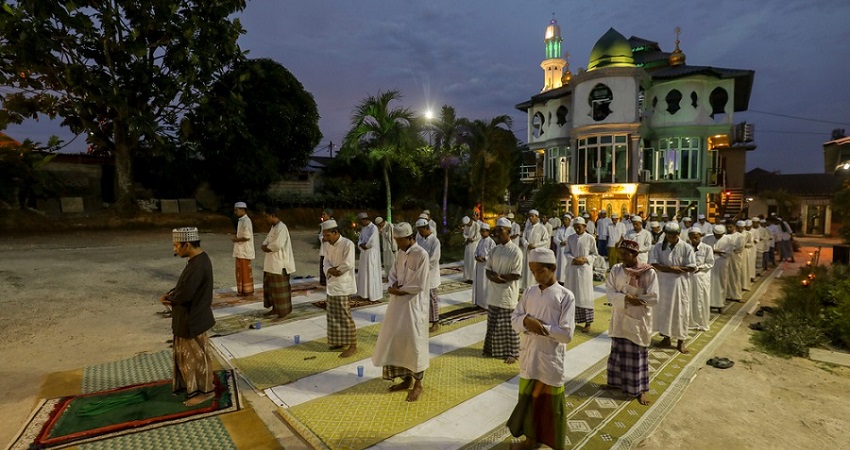
In Islam, praying is considered the supreme act of worship and the ultimate way of demonstrating servitude to Allah. There is a set of specific rules and regulations, such as timings, frequency and direction, associated with different prayers in Islam. These prayers provide Muslims with a way of expressing their love, respect and gratitude toward the almighty, Allah. There are four different types of prayers in Islam, including Fard (obligatory prayers), Wajib (required prayers), Sunnat and Nafl (voluntary prayers). Let’s understand each of these in detail along with different types of namaz.
1. Fard, or the Obligatory Prayers in Islam
According to all the Sunni schools, Fard or obligatory prayers are compulsory for every Muslim. Followers of Islam are required to perform five obligatory prayers every day. An individual can be rendered as a sinner or a non-Muslim on failing to observe these prayers every day. The five obligatory prayers include:
a) Salat al-Fajr: Also known as the morning prayer, Salat al-Fajr consists of four rakahs (units) including two obligatory rakahs and two Sunnah rakahs. During the morning prayer, Sunnah rakahs are performed first followed by the obligatory rakahs.
b) Salat al-Zuhr: The afternoon prayer or Salat al-Zuhr is composed of 10 rakahs including four obligatory rakahs and six Sunnah rakahs. During the afternoon prayer, the four Sunnah rakahs are performed first, followed by four obligatory rakahs, and ending with two last Sunnah rakahs.
c) Salat al-Asr: Also called the late afternoon prayer, Salat al-Asr consists of eight rakahs. The four Sunnah rakahs are performed first and then four obligatory rakahs.
d) Salat al-Maghrib: Consisting of five rakahs, the sunset prayer or Salat al-Maghrib is observed by performing three obligatory rakahs first, followed by the two Sunnah rakahs.
e) Salat al-Isha: Composed of 10 rakahs, Salat al-‘Isha or the night prayer is observed by performing the four Sunnah rakahs first, and then the four obligatory rakahs, followed by the two last Sunnah rakahs.
It is sinful to miss out on performing obligatory prayers intentionally. However, if the prayer is missed due to forgetfulness or some other unavoidable circumstances, then the missed prayer can be offered as soon as possible.
Suggested Read: 10 Most Beautiful Mosques In The World
2. Wajib Prayers, required or obligatory in a situation
Wajib prayers are also obligatory and it is considered sinful to miss them. Anyone who misses a Wajib prayer unintentionally does not need to offer it as a Qada, which means the offering of a missed prayer. Wajib prayers are as follows:
a) Salat al-Witr: Consisting of three rakahs, this prayer is performed every day after the night prayer.
b) Salat-al-Eidain, or the Festival Prayers: It includes two rakahs of Eid Ul-Adha and two rakahs of Eid Ul-Fitr.
c) During Tawaf: Two rakahs are also observed while walking around the holy Kaaba for pilgrimage.
3. Sunnah Prayers In Islam
The third among the four types of prayers in Islam are called Sunnat or Sunnah. Offered by Prophet Muhammad (PBUH), Sunnah prayers are performed compulsorily in addition to obligatory prayers. Considered to be mandatory by all jurists, missing out on performing Sunnah prayers intentionally is censurable. Following are regarded as Sunnah prayers:
a) Two rakahs before Salat al-Fajr
b) Four rakahs before Salat al-Zuhr and two rakahs after Salat al-Zuhr
c) Two rakahs after Salat al-Maghrib
d) Two rakahs after Salat al-Isha
There are broadly two types of Sunnah prayers—prayers performed before/after obligatory prayers and the ones performed independently. So, there are Sunnahs of daily ritual prayers and the special Friday prayers that fall in the first category. And the independent prayers are : Tarawih – performed between Isha and Witr during Ramadan; Tahajjud – performed between Isha and Fajr prayers; Duha – performed an hour after/before sunrise/highest point of Sun; Awwabin – performed between Maghrib and Isha; and Wudu – performed after ablution.
4. Nafl or Voluntary Prayers in Islam
Amongst all types of salah in Islam, Nafl or voluntary prayers are performed for extra virtue. However, missing out on them is not considered sinful. It is believed that the more Nafl prayers are performed, the greater will be the reward and credit. There is a wide range of Nafl prayers, including:
Non Obligarory Prayers in Islam
a) Salat at-Tahajjud: Also known as late night prayer, Salat at-Tahajjud is performed in the middle of the night and is considered the most rewarding of all Nafl prayers. The Tahajjud prayer method involves performing an even number of rakahs after Salat al-Isha.
b) Salat al-Ishraq: It is a Nafl prayer performed about 20-45 minutes after sunrise.
c) Salat ad-Duha: Also known as Chaasht Salah, it is performed after around one-third of the day has passed.
d) Salat al-Awwabin: Performing this prayer involves 6 to 20 rakahs Nafl in sets of two units after performing the Sunnah and Fard of Maghrib.
Prayers, also known as salat or namaz in Islam are an important form of worship in Islam. Different types of prayers in Islam are offered for different objectives and rewards. It is important to understand each of these types of namaz and the right way of offering them. They are nothing but a way to communicate with God and thus purity of intention and wudu are utmost important to offer salah or prayer in Islam.
Suggested Read:Dos And Don’ts Of Ramadan: A Complete Etiquette Guide
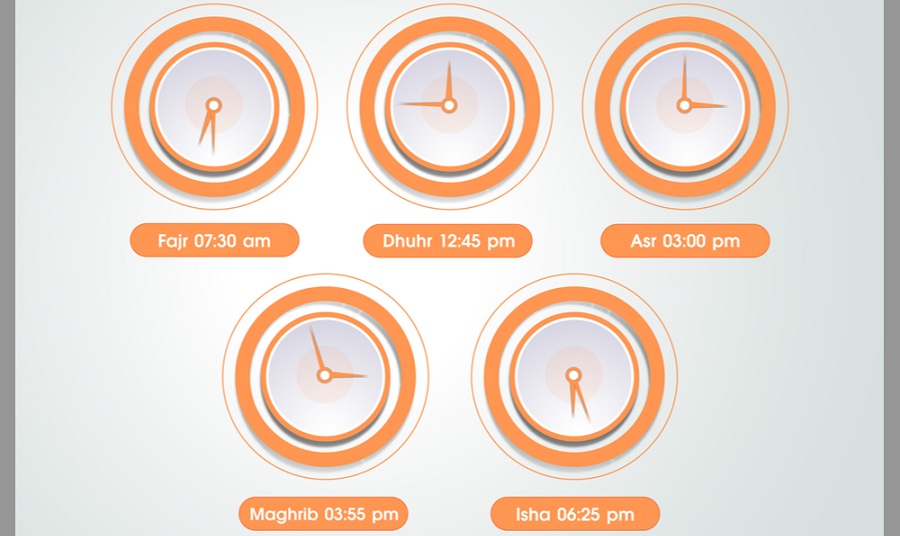

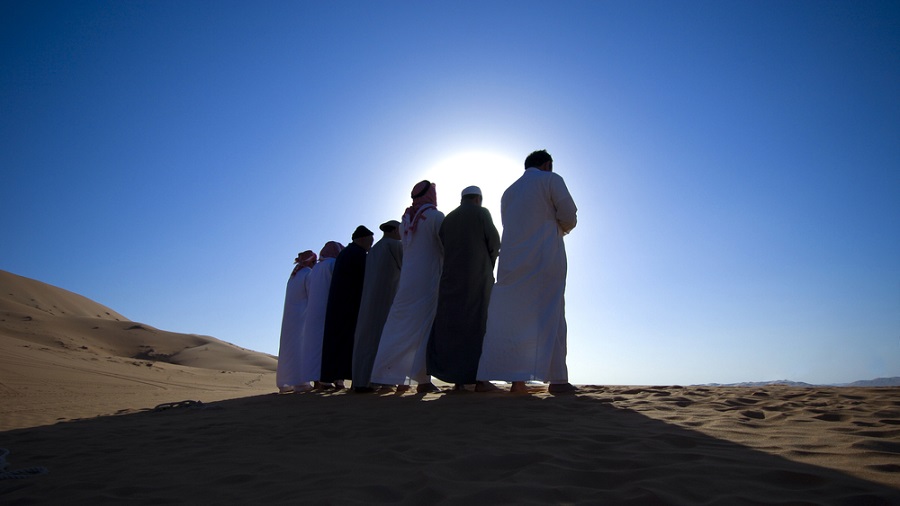
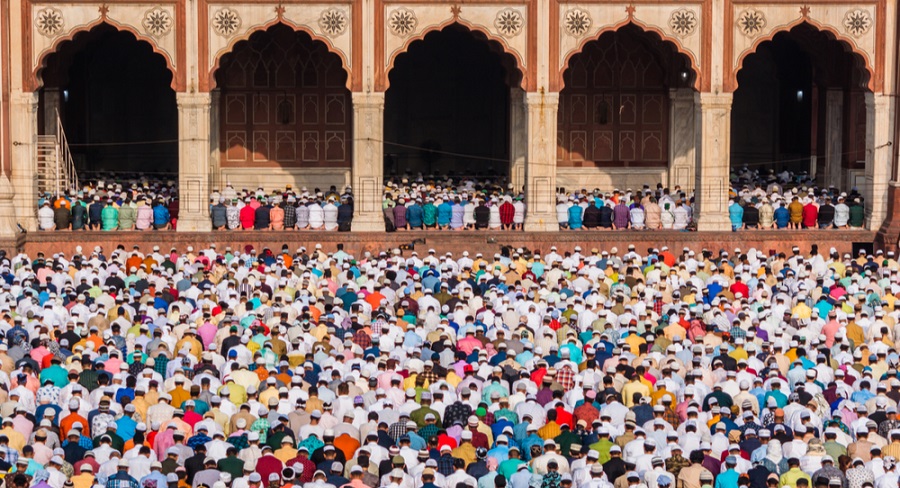
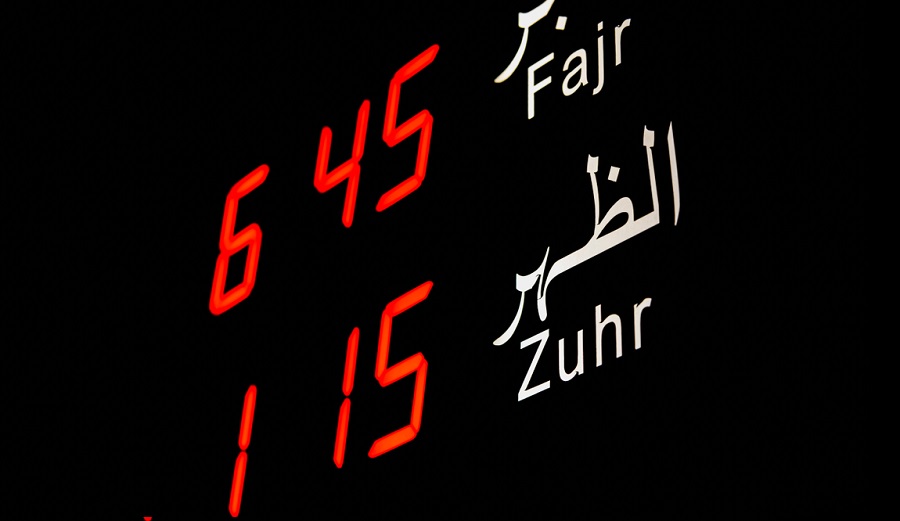
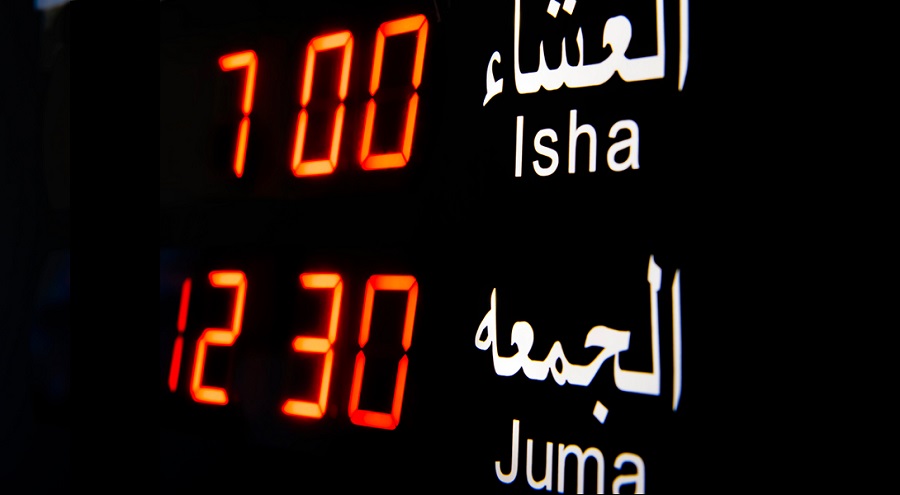
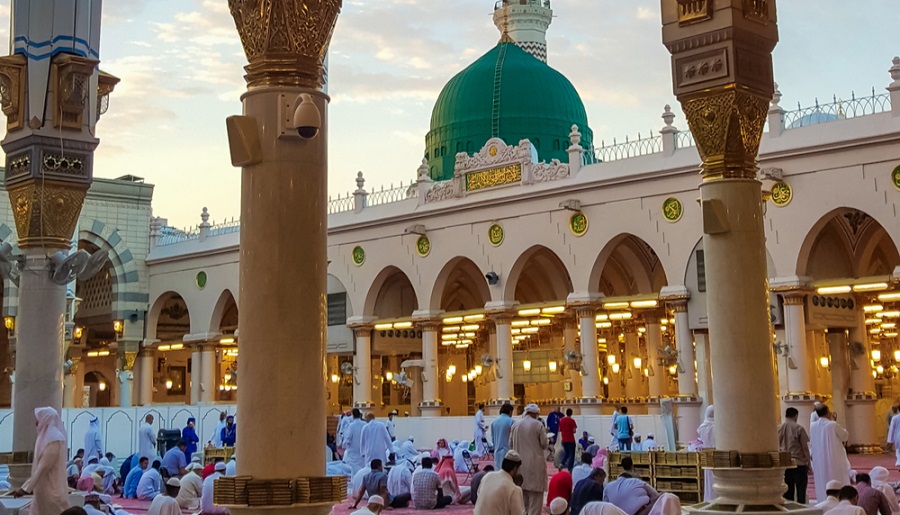





.jpeg)
